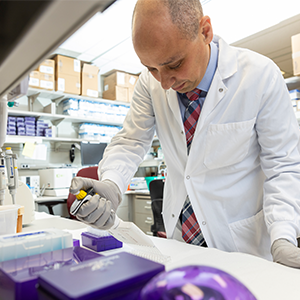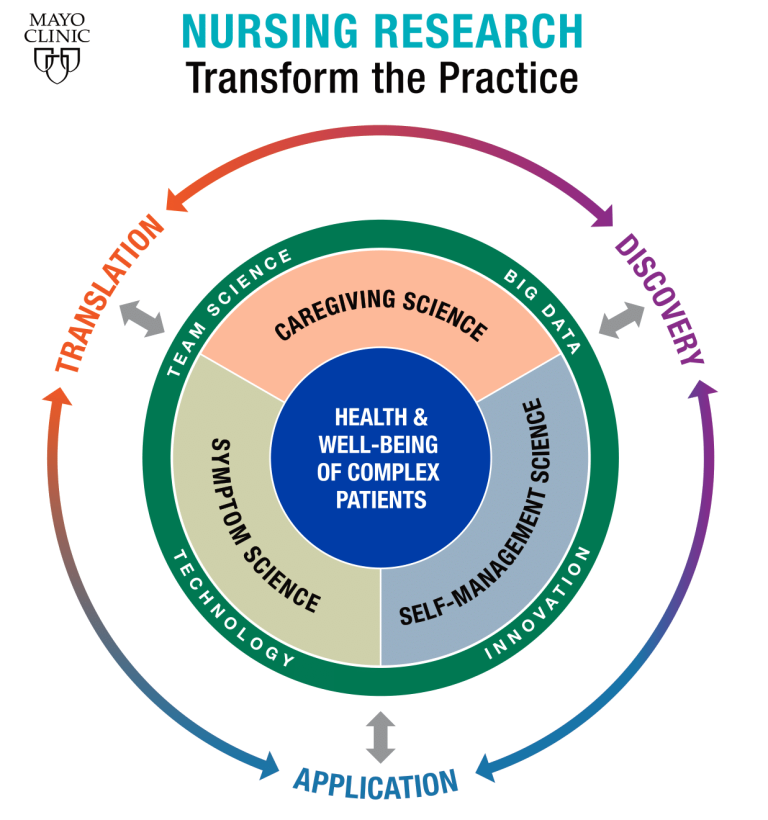-
Infectious Diseases A–Z: What you need to know about pneumonia

Pneumonia is an infection that inflames the air sacs in one or both lungs, and can range in seriousness from mild to life-threatening. Pneumonia can affect anyone, but the age groups at highest risk are children younger than age 2 and people older than age 65.
"When we talk about pneumonia, we're referring to an infection in the lungs," says Dr. Nipunie Rajapakse, a Mayo Clinic pediatric infectious diseases specialist. "Pneumonia can be caused by both bacteria and viruses, and, in rare cases, fungi, as well."
Pneumonia is most commonly caused by bacteria or viruses that you breathe in. Your body usually prevents these germs from infecting your lungs. But sometimes these germs can overpower your immune system, even if you are in good health.
Watch: Dr. Nipunie Rajapakse explains "walking pneumonia."
Journalists: Broadcast-quality sound bites with Dr. Nipunie Rajapakse are in the downloads. Please "Courtesy: Mayo Clinic News Network."
Symptoms of pneumonia can vary, depending on factors such as the type of germ causing the infection, as well as your age and overall health. Mild signs and symptoms are often similar to those of a cold or flu, but last longer. "Walking pneumonia" is an informal term for a mild form of pneumonia that is caused by an atypical type of bacteria.
"Symptoms of walking pneumonia are similar to symptoms of pneumonia, but generally are on the milder side," says Dr. Rajapakse. "A child or a person with this infection can experience a cough, fever, runny nose, some difficulty with breathing, occasionally chest pain or some shortness of breath, as well."
Occasionally, walking pneumonia can progress to a more severe pneumonia that may require hospitalization.
"If you think you might have walking pneumonia — or any type of pneumonia — it's a good idea to see your physician or your primary care provider," says Dr. Rajapakse. "They will really be the best ones to do a physical examination and potentially order a chest X-ray — if they think that one is warranted — to determine whether you might have pneumonia or not."
It's especially important that people in these high-risk groups see a health care provider:
- Adults 65 and older
- Children younger than 2 with signs and symptoms
- People with an underlying health condition or weakened immune system
- People receiving chemotherapy or taking immunosuppressant medications
Vaccines are available to prevent some types of pneumonia and the flu. Vaccination guidelines have changed over time so it's important to review your vaccination status with your health care provider. Your health care provider can recommend a different type of pneumonia vaccine for children younger than 2 and children 2–5 who are at particular risk of pneumococcal disease. Children who attend a group child care center also should get the vaccine.
Other tips to help prevent pneumonia include:
- Practice good hygiene.
Wash your hands regularly or use an alcohol-based hand sanitizer to protect yourself against respiratory infections that sometimes lead to pneumonia.
- Don't smoke.
Smoking damages your lungs' natural defenses against respiratory infections.
- Keep your immune system strong.
Get enough sleep, exercise regularly and eat a healthy diet.







